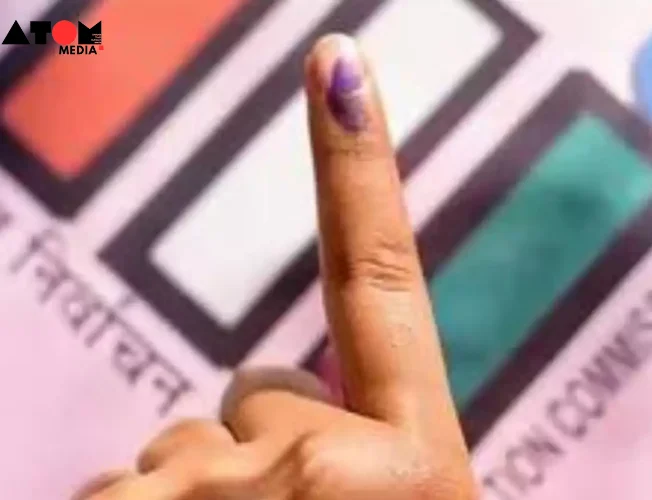As Maharashtra braces itself for the culmination of the Lok Sabha elections on May 20, the focus shifts to the bustling metropolis of Mumbai, where six significant constituencies are set to cast their votes. This final phase of polling marks the conclusion of a five-phase electoral process that commenced on April 19 and traversed through key dates in April and May, culminating in the upcoming polling day. With vote counting scheduled for June 4, anticipation is high as Mumbai residents prepare to exercise their democratic right.
Closure of Institutions
In preparation for the polling day, several institutions across Mumbai will remain closed to facilitate the electoral process. Schools, colleges, and banks will suspend operations to allow voters to participate in the democratic exercise without disruptions. This decision underscores the importance of voter participation and ensures a conducive environment for citizens to engage in the electoral process.
Dry Day Regulations
To maintain the integrity and fairness of the electoral process, the Election Commission of India has issued directives for the observance of dry days in key constituencies like Mumbai, Palghar, Kalyan, and Thane. This entails the closure of liquor shops to prevent any undue influence on voters and maintain a peaceful voting environment. The implementation of dry days aligns with the Commission’s commitment to upholding democratic principles and fostering transparency in the electoral process.
Impact on Businesses
The electoral activities in Mumbai will also have implications for businesses, with the Bombay Stock Exchange (BSE) and National Stock Exchange (NSE) slated for closure on May 20. This temporary shutdown reflects the significance of the electoral process and its impact on various sectors of the economy. The closure of stock exchanges underscores the importance of civic engagement and highlights the interconnectedness between politics and business in India’s financial capital.
List of Constituencies
The final phase of polling will encompass 13 constituencies in Maharashtra, including Baramati, Raigad, Dharashiv, Latur, Solapur, Madha, Sangli, Ratnagiri-Sindhudurg, Kolhapur, and Hatkanangle. These constituencies represent diverse regions within the state and play a crucial role in shaping the political landscape of Maharashtra and, by extension, national politics.
Conclusion
With its rich political history and significant electoral influence, Maharashtra stands as a cornerstone of Indian democracy. As Mumbai residents prepare to cast their votes in the final phase of Lok Sabha elections 2024, the city emerges as a focal point of democratic expression and civic engagement. The closure of institutions, observance of dry days, and temporary shutdown of stock exchanges underscore the gravity of the electoral process and reaffirm the principles of democracy that form the bedrock of India’s political system. As the nation awaits the outcome of the elections, the spirit of democracy resonates strongly in the streets of Mumbai, reflecting the collective voice of its diverse populace.





